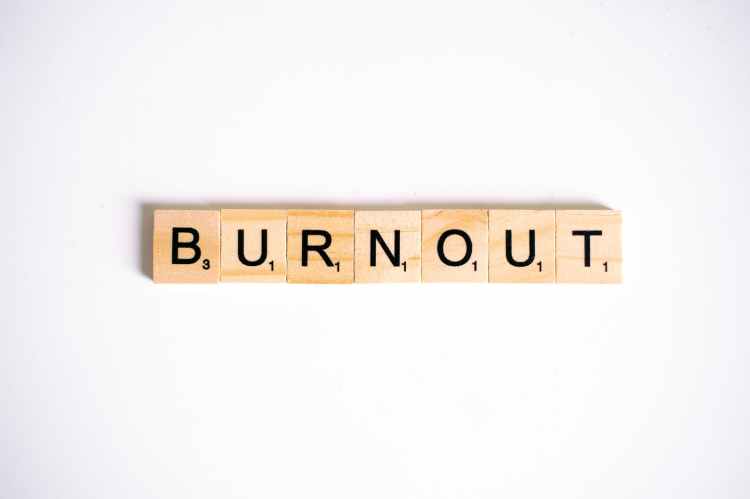WHAT CAUSES BURNOUT?

WHAT CAUSES BURNOUT?
Often overlooked, the mental conditioning from our “mini-medical school” training as PAs acts as a primer for future burnout. Especially during our clinical rotations, we witness countless medical professionals who are burned out, and their work ethic and traits are silently absorbed by us impressionable PA students. Although his work is primarily with physicians, Dr. Dike Drummond from www.thehappymd.com states that clinicians are commonly programmed to take on the following roles throughout their training: Workaholic, Superhero, Perfectionist or Lone Ranger. You can read more about this concept HERE, but the bottom line is that you may have subconsciously been trained to take on one of these unsustainable roles, leading to burnout.
In addition to our PA school training and indoctrination into the world of medicine, the causes of burnout while practicing are multifactorial. The Mayo Clinic states that the following issues are the heart of burnout (click HERE for more information):
- “Lack of control. An inability to influence decisions that affect your job — such as your schedule, assignments or workload — could lead to job burnout. So could a lack of the resources you need to do your work.
- Unclear job expectations. If you’re unclear about the degree of authority you have or what your supervisor or others expect from you, you’re not likely to feel comfortable at work.
- Dysfunctional workplace dynamics. Perhaps you work with an office bully, or you feel undermined by colleagues or your boss micromanages your work. This can contribute to job stress.
- Extremes of activity. When a job is monotonous or chaotic, you need constant energy to remain focused — which can lead to fatigue and job burnout.
- Lack of social support. If you feel isolated at work and in your personal life, you might feel more stressed.
- Work-life imbalance. If your work takes up so much of your time and effort that you don’t have the energy to spend time with your family and friends, you might burn out quickly.”
Less abstract and more concrete, the Medscape National Physician Burnout & Suicide Report 2020 surveyed more than 15,000 clinicians and found the following burnout contributors:
Many of the causes of burnout are systemic and not due to problems associated with you as an individual. Now, before you put down your copy of Angela Duckworth’s “GRIT” and let yourself completely off of the burnout hook, you will need to learn how to optimally navigate the systems you entered when you became a PA. The questions you need to ask yourself are “How does this system work?”, followed by “How do I make this system work for me?”
BIG PICTURE: The causes of burnout have been well documented at this point, but the knowledge of these causes alone is not going to treat or prevent burnout. The data and your experiences need to serve you, and the best way to leverage them is by learning, deconstructing, and then re-engineering the burnout process.
DISCLAIMERS: 1) The views expressed here are my own and do not necessarily represent the views of my employer. 2) I don’t know what I don’t know, so feel free to message me if you don’t agree with something that you read. 3) I don’t earn any money from the hyperlinks that I’ve included, but I’d like to someday.
KEYWORDS: #burnout #depression #medicine #physicianassistant #nursepractitioner #doctor #physician #barriers #wellness #efficiency #proficiency #control #worklifebalance #happinessatwork #carpediem #clinician #stress #covid #covid19 #pandemic #lifehacks #leverage #tools #charting #physician #MDM #worklife #worklifebalance
